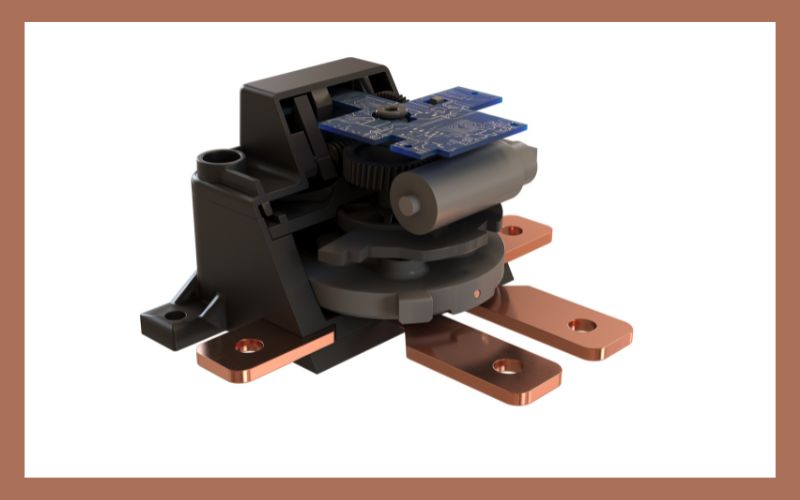“There are a lot of 800-volt vehicles in the market, but many charging stations can only supply 400-volt power. BCS provides charging flexibility to consumers who want access to an expanded network of DC chargers.” Mark Schneider, President, Eaton’s eMobility
“Munich Electrification’s legacy of innovation in the EV battery industry combined with Eaton’s expertise in electrical switching and automotive manufacturing is helping us to solve our customers’ biggest challenges together.” Uwe Wiedemann, Managing Director, Munich Electrification
Eaton has recently announced it has partnered with Munich Electrification to develop and market its battery configuration switch (BCS), an advanced solution for 400-volt/800-volt dual string battery packs in electrified vehicles. This innovative, integrated, bi-stable device for parallel/series reconfiguration allows 800-volt vehicles to effectively charge via a 400-volt charger, while also offering numerous benefits compared to traditional solutions.
“There are a lot of 800-volt vehicles in the market, but many charging stations can only supply 400-volt power. BCS provides charging flexibility to consumers who want access to an expanded network of DC chargers.”
“At Eaton, we’re leveraging our extensive background in developing electrified mobility solutions to launch this promising new technology in partnership with Munich Electrification, which specializes in developing cutting-edge battery management systems,” said Mark Schneider, President, Eaton’s eMobility. “There are a lot of 800-volt vehicles in the market, but many charging stations can only supply 400-volt power. BCS provides charging flexibility to consumers who want access to an expanded network of DC chargers.”
Designed for automotive, light commercial and UTV applications, Eaton’s BCS enables the reduction of up to 12 components in a battery disconnect unit, simplifying the system and streamlining packaging and assembly. Furthermore, the BCS minimizes contact resistance, enhancing overall system efficiency and performance by reducing the number of contact points required by conventional contactors.
Ensuring higher EV safety standards, the BCS has a mechanical interlock that prevents pack short circuits due to crashes, software bugs, or contactor malfunctions. The BCS can also maintain stable conditions when the electronic control unit loses power. Its bi-stable nature enhances efficiency during normal operations by eliminating the hold current of a traditional contactor, and also provides resilience against low voltage faults by maintaining a safe condition for a wide range of potential failure modes.
“We are thrilled to collaborate with Eaton in launching this groundbreaking new technology developed by our outstanding R&D team,” said Uwe Wiedemann, Managing Director, Munich Electrification. “Munich Electrification’s legacy of innovation in the EV battery industry combined with Eaton’s expertise in electrical switching and automotive manufacturing is helping us to solve our customers’ biggest challenges together.”

